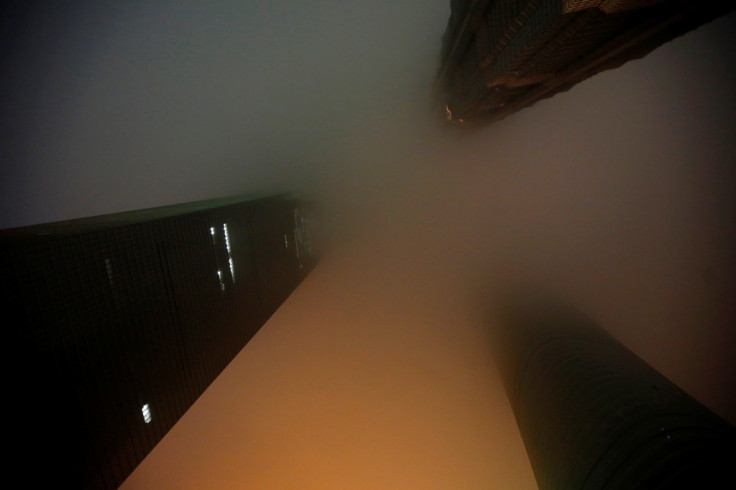China Revises 25-Year Environment Law as Pollution Chokes Nation

Beijing has passed amendments to China's 25-year old environmental protection law that will now target polluters in the world's biggest carbon emitter with tougher penalties.
The amendments go into effect on 1 January 2015, the official Xinhua news agency said on 24 April.
The highly-anticipated amendments come in response to public angst over pervasive pollution that has stifled China, the world's second-largest economy.
Media reports had previously stated that revisions to China's 1989 environmental law would give more powers to the environment ministry, and pave the way for regulators to shut down repeat offenders.
Pollution Headache
Employees have been reluctant to move to China owing to the country's higher pollution rates.
Japanese electronics major Panasonic announced in March 2014 it will pay a wage premium to its employees working in China, compensating them for suffering China's pollution.
Panasonic is believed to be the first firm to announce a premium that compensates for polluted air.
Air pollution monitors in Beijing said in March that particulate readings increased to 15 times the daily maximum recommended by the World Health Organisation (WHO).
Earlier, in March, Premier Li Keqiang declared a "war on pollution" during the country's annual parliamentary session.
Several cities in China, the world's largest auto market, have decided to restrict the sale of new vehicles this year. Accelerating deliveries have forced municipalities to step up efforts to combat air pollution.
In December 2013, a deputy minister of the Ministry of Land and Resources, Wang Shiyuan, said over eight million acres of land in China was too polluted to be used as farmland.
Land pollution is becoming increasingly prevalent as news of tainted rice and other crops emerges.
© Copyright IBTimes 2025. All rights reserved.






















